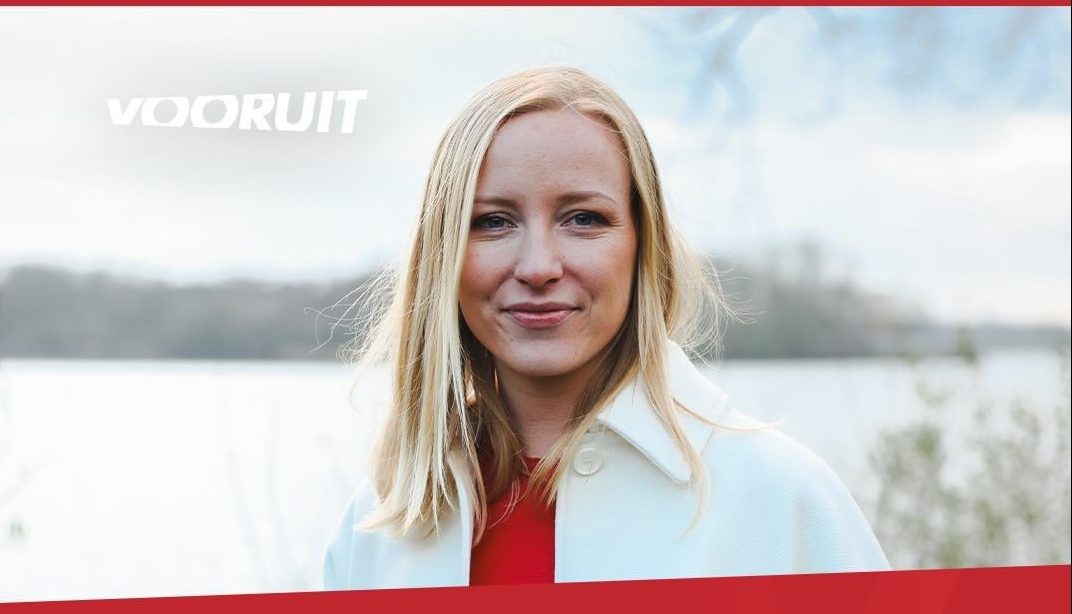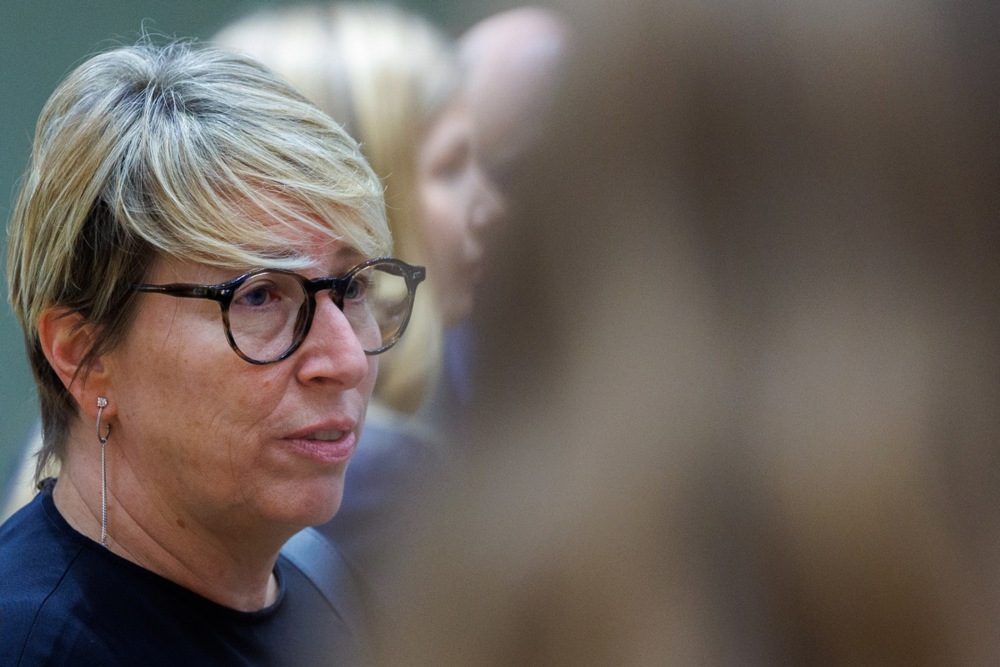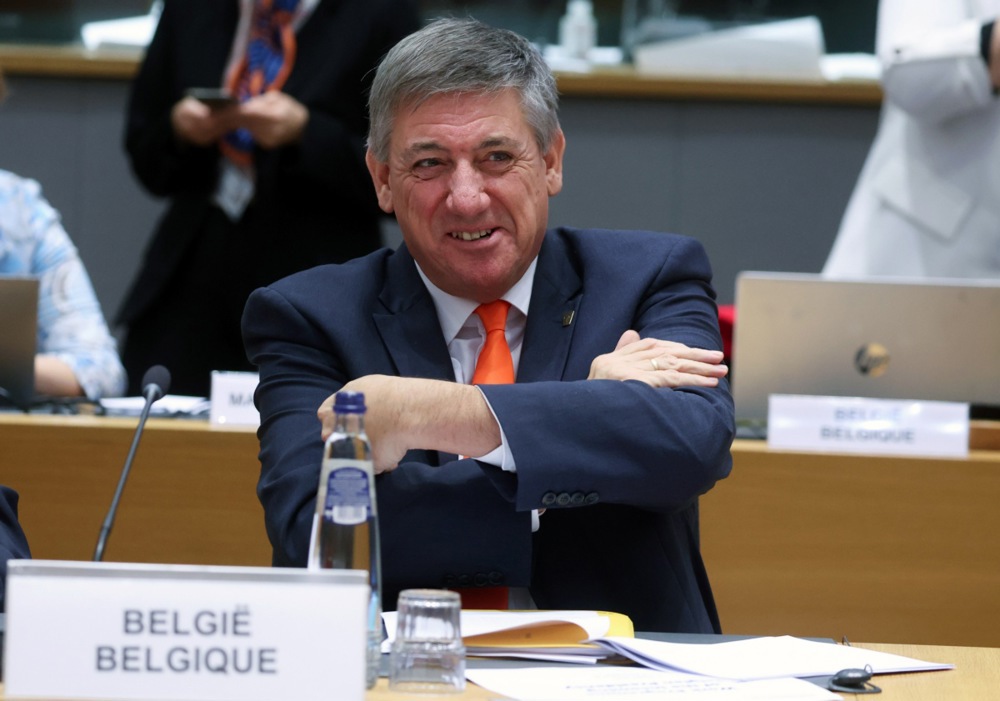Among the countries to keep an eye on in the next 12 months is Belgium.
Political tensions between the Dutch-speaking North (Flanders) and French-speaking South (Wallonia) are nothing new but could reach a climax when voters have their say as the 2024 national and European elections loom.
Alongside the European Parliament run-off in June, the country will also hold its national, regional and municipal votes this year.
Polls indicate that the divergence between both parts of the country might be insurmountable. Right-wing nationalists are projected to win in the North and straight-out communists in the South.
If the respective parties’ representations are big enough, the forming of a new federal Belgian government might be a next-to-impossible task.
Belgium garnered headlines in the press around the world for the longest-ever coalition talks in 2010-2011. A caretaker government had to continue for 541 days.
Many indications seem to show a similar scenario might unfold in 2024.
Indications of such arose during the last elections in 2019, with political parties seemingly unable to co-operate. The deadlock was resolved by the COVID-19 pandemic, when a sense of urgency due to the health crisis forced parties to form the current Government.
Under the leadership of Prime Minister Alexander De Croo, it has mainly distinguished itself by adding to the already high debt, thus achieving one of the largest budget deficits in the European Union.
A future government will have to find around €10 billion just to stabilise the situation. Local governments in Belgium also are stacking up deficits, with the total today being an estimated €30 billion.
The main burden of this policy falls on Flanders, the wealthiest region of the country that, in essence, is paying for everything.
Flanders is one of the richest regions in Europe but, as the economic outlook is deteriorating, it becomes increasingly difficult for the Flemish to keep that up.
On top of this, due to Belgium’s generous social security system, the country is a magnet for fortune-seekers from across the globe.
Record numbers of migrants and asylum seekers flock to the country. There is a lack of shelter and money to take care of all these people.
Economic woes and mass migration in Flanders push the electorate further to the nationalist Right.
Until recently, the centre-right N-VA party could seduce this electorate but, after it participated in national and regional government, disappointed voters turned and returned to Vlaams Belang, more to the Right and more vocal against mass migration.
Both elements want Flemish independence.
Dismal economic numbers and anger over a long history of recurrent corruption scandals with the Socialist party, which has been in power for a lengthy period, is driving Walloons to the Communist party.
If polls are correct – in Belgium they tend to underestimate electoral shifts – the three biggest parties in the nation would be Vlaams Belang, N-VA, both separatists, and the Communists.
The other parties, whose members hate working with either one of the three, would be in a difficult position. Promises to exclude Vlaams Belang on all levels might become untenable.
Also, in the Flemish region, N-VA and Vlaams Belang might jointly have a majority, opening the ultimate path towards splitting up the country, only to be accelerated if the Communist party obtained power in Wallonia.
Mark your calendars for Sunday, June 9, for Belgium – but don’t forget Europe.
Brussels Signal will cover it all extensively.





